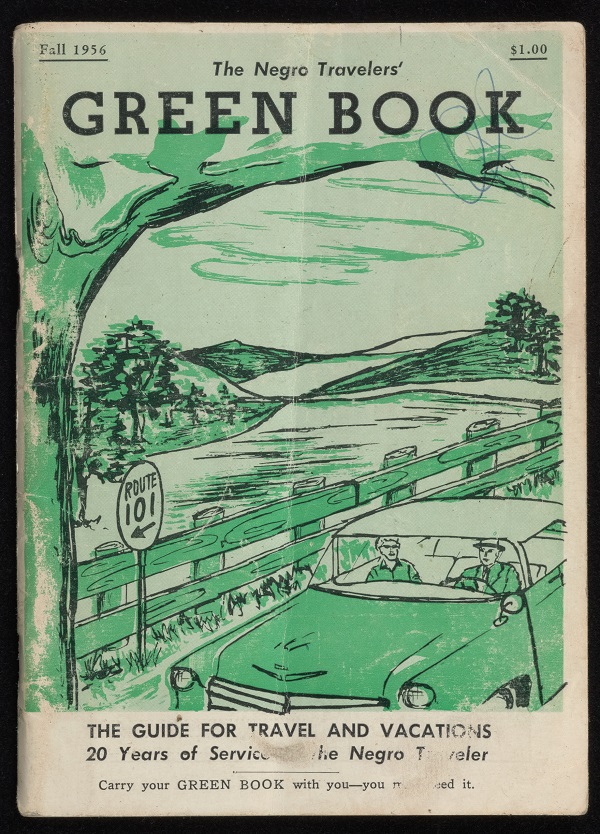The publishers of law school casebooks and texts recognize the current health emergency, and have agreed to make these books available electronically to our students. The Mendik Library is working out the details of remote access with the publishers.
Below are access details we’ve received so far, organized by publisher. If you’re not sure which company publishes your book, consult the Library’s Online Catalog. Click on “Course Reserves” and you can search by course or professor’s name. The catalog record will indicate the publisher.
Our goal is to make this list as inclusive as possible. While these are the major publishers of law texts, your text may not be included. We’ll be adding and enhancing this information continuously, so check this page frequently. If you experience difficulty with remote access, or have any questions, contact us at reference@nyls.edu.
LexisNexis and Carolina Academic Press: Many of these publishers’ textbooks are available through the VitalSource platform. Click on this link, to access the VitalSource login page. You MUST use your New York Law School email address to create a VitalSource account. Then click on the “Explore” link to search for your casebook or text.
West Academic and Foundation Press: You should call 877-888-1330 and identify yourself as a student at a coronavirus-impacted school. You’ll be connected with a customer service representative who will give you access instructions.
Wolters Kluwer, Law & Business, and Aspen Publishers: Many of these publishers’ textbooks are available through the VitalSource platform. Click on this link, to access the VitalSource login page. You MUST use your New York Law School email address to create a VitalSource account. Then click on the “Explore” link to search for your casebook or text.
The Bluebook – a Uniform System of Citation: Watch this page for further details



